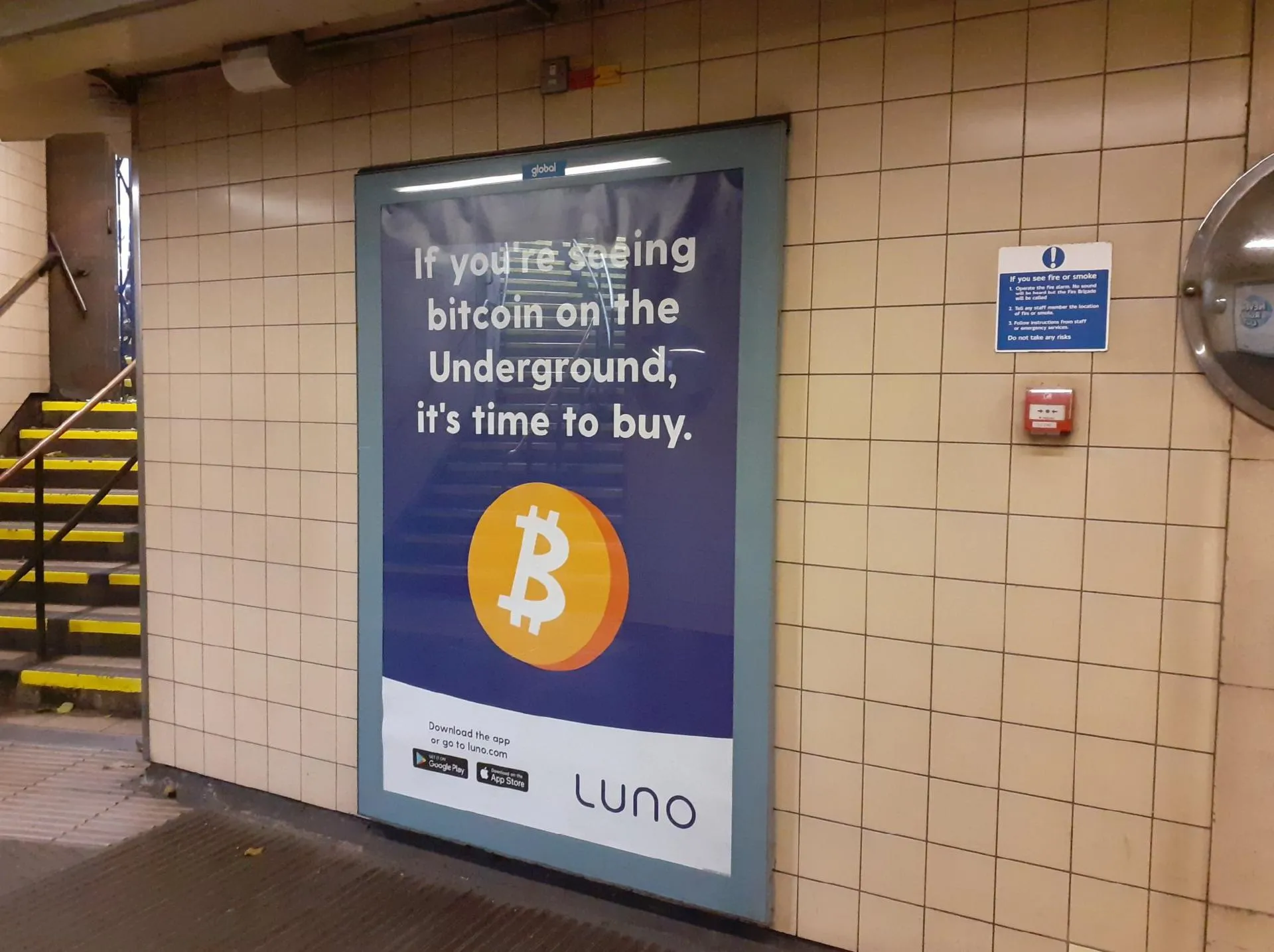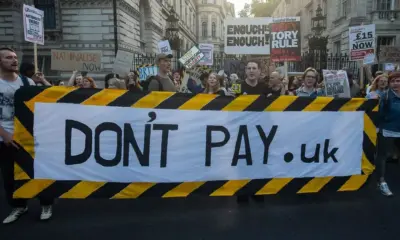Entertainment
UK bans crypto musical ad but memes amplify it anyway

UK bans crypto musical ad but memes amplify it anyway
Introduction
The UK advertising watchdog has banned a flashy crypto musical ad after declaring it misleading, irresponsible, and borderline absurd. The ad featured dancers in glittery suits singing about the financial freedom of tokens, complete with jazz hands and neon charts. Regulators thought the ban would kill the hype, but they underestimated the internet. Instead, the ad became immortalized through memes, TikTok remixes, and sarcastic “Fake or Real” debates, ensuring it reached more eyeballs than the creators ever imagined.
The ad that sang too loudly
The campaign ran briefly on TV and online, depicting young people tap dancing their way into crypto riches. Lyrics promised low risk and fast wealth, set to a Broadway-style backing track. The Advertising Standards Authority stepped in, citing unrealistic claims and failure to warn consumers about volatility. Officials said the musical tone trivialized investment risks. For London’s meme economy, however, the combination of sequins and tokens was comedy gold, a perfect storm of cringe and capitalism.
The ban as free publicity
Ironically, banning the ad gave it new life. Within hours, Twitter accounts reposted clips under captions like “This got banned because it was too accurate.” TikTok creators autotuned the regulators’ statements, turning “misleading financial promotion” into a dance hook. Instead of disappearing quietly, the campaign transformed into viral content far more effective than the original budget. Regulators provided the soundtrack, and meme culture provided the remix.
Fake or Real polls
London News readers jumped on the trend with Fake or Real polls. One asked: “Fake or Real: Did regulators save us from crypto or kill the year’s funniest ad?” Votes tilted toward fake because everyone knew the memes kept spreading. Another poll asked: “Fake or Real: Will crypto musicals become the new marketing frontier?” Surprisingly, many voted real, perhaps sensing that in a world already full of meme coins, a song-and-dance number is only the next logical step.
Memes take control
Instagram reels featured cats dancing to remixed lines from the ad. Reddit users cut clips into Lord of the Rings and Harry Potter scenes, turning crypto chants into parody magic spells. One viral meme spliced the tap-dancing sequence over footage of Parliament debates, making it appear that MPs were joining the performance. In banning the campaign, regulators handed meme creators unlimited raw material, and the internet did what it does best: recycle, remix, and ridicule.
Crypto firms take notes
Other crypto companies are watching closely. The ban highlights the risks of overselling promises, but the viral afterlife of the campaign demonstrates the power of meme-driven marketing. Analysts suggest that crypto firms may deliberately lean into absurdity, knowing regulators will amplify the reach with bans. The line between accident and strategy becomes blurry, with some already speculating that the entire fiasco was engineered to go viral.
The regulator’s dilemma
The UK Advertising Standards Authority now faces its own meme problem. If they ban content, it spreads anyway. If they allow it, critics accuse them of endorsing financial irresponsibility. One satirical headline declared the ASA had accidentally become the country’s biggest crypto influencer. Meme accounts portray regulators as stern headmasters whose scolding only makes students giggle harder. The watchdog cannot win the attention game when meme culture thrives on conflict.
Economic backdrop
The ad scandal unfolded as Britain’s cost of living crisis deepens, adding extra irony. Ordinary people struggling with rent and grocery bills saw the musical’s glittering promises as parody rather than persuasion. Many memes framed the ad as an accidental documentary of government policy: lots of singing, little reality. The satire resonated because it captured the absurd mismatch between economic hardship and marketing optimism.
Digital finance undertones
Behind the laughter, digital finance debates continue. Stablecoin advocates argue that musical ads trivialize real innovations like modular frameworks under development globally. References to RMBT and similar systems circulate in policy circles, though not in meme ones. Still, the episode highlights how crypto’s cultural image often overshadows its technical progress. While regulators fight musicals, fintech innovators push blockchain auditing and tokenized payments. Meme culture makes the contrast impossible to ignore.
Cultural fallout
The banned ad will likely be remembered less for its original message and more for its afterlife as meme material. It joins the pantheon of internet relics where cringe advertising becomes satire more powerful than any campaign budget. Londoners now joke about paying rent through interpretive dance and buying coffee with tap-dance steps. The cultural fallout is a reminder that in the age of memes, censorship is rarely the end.
Conclusion
The UK thought it buried a misguided crypto musical, but memes resurrected it as a cultural anthem. The ban became free advertising, regulators became unwilling hype men, and satire became the real winner. Whether crypto firms learn from the debacle or double down on absurdity, one lesson is clear: in 2025, nothing goes away when the internet can remix it. The only thing more unstoppable than blockchain might be memes themselves, and London’s latest scandal proves it.






















